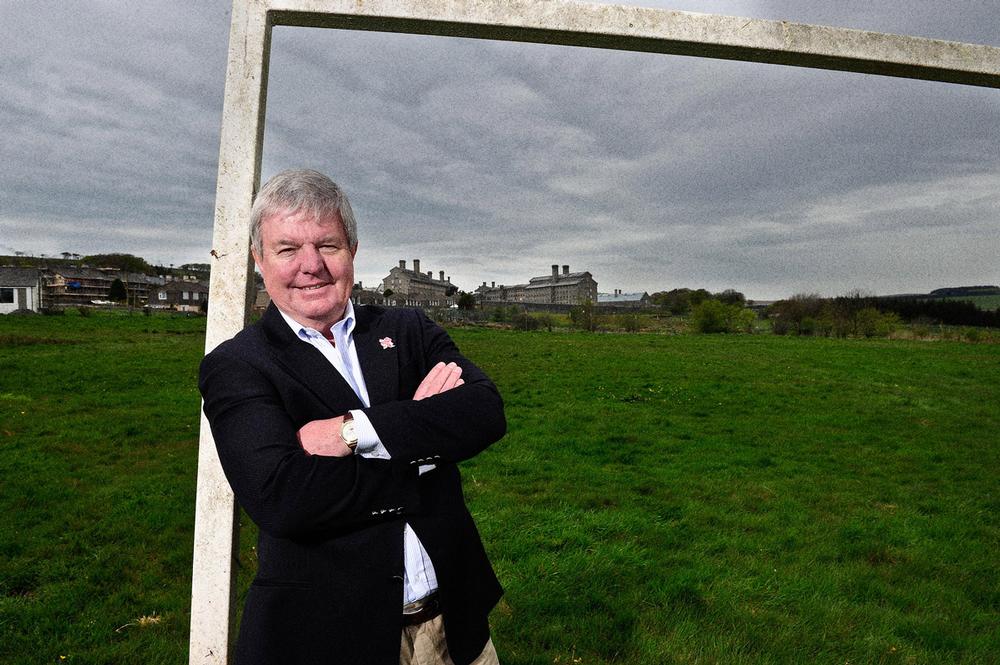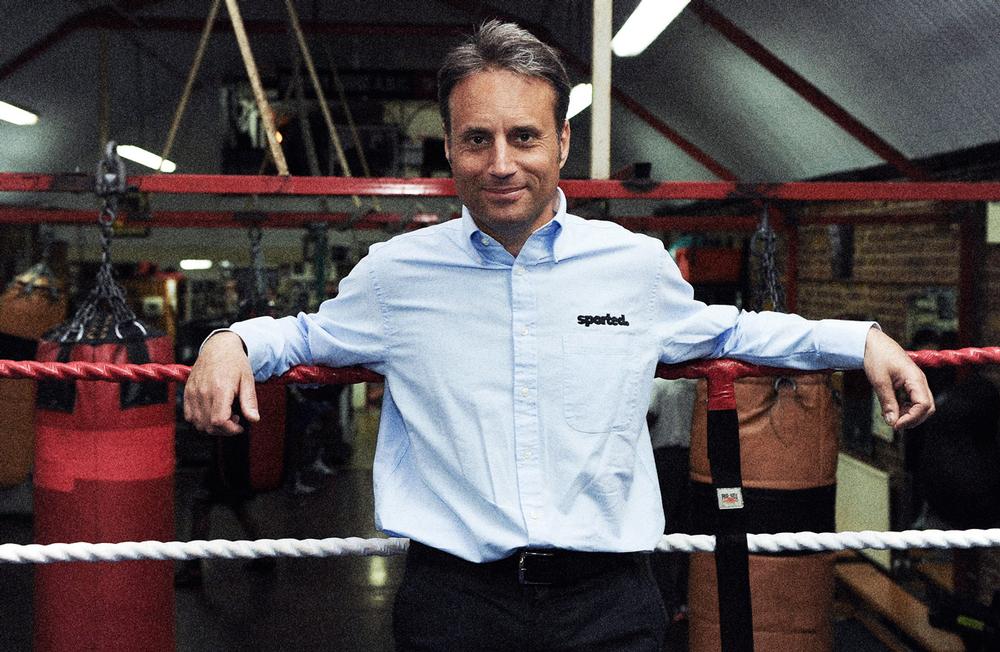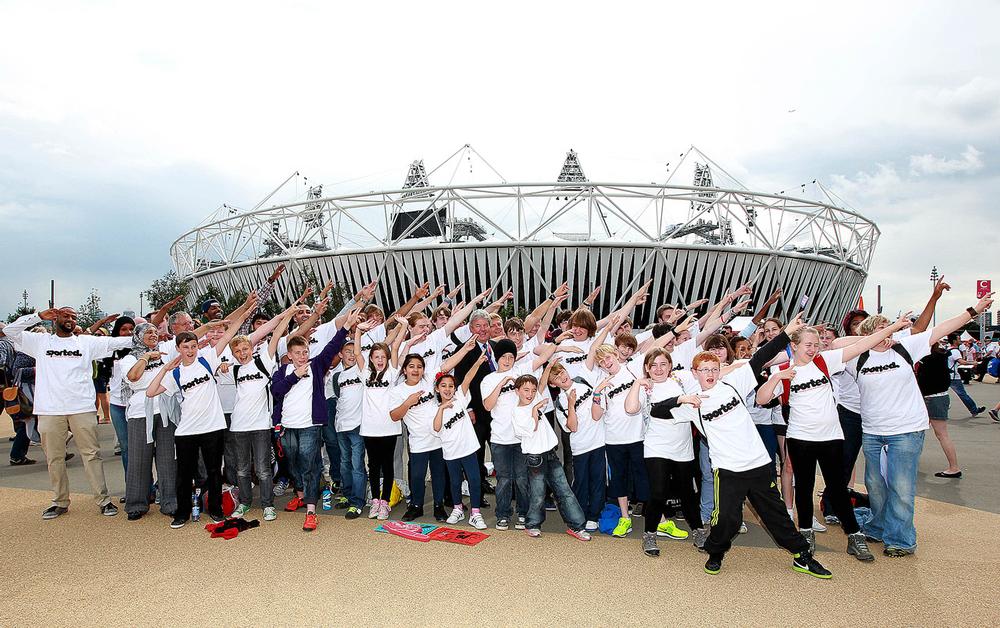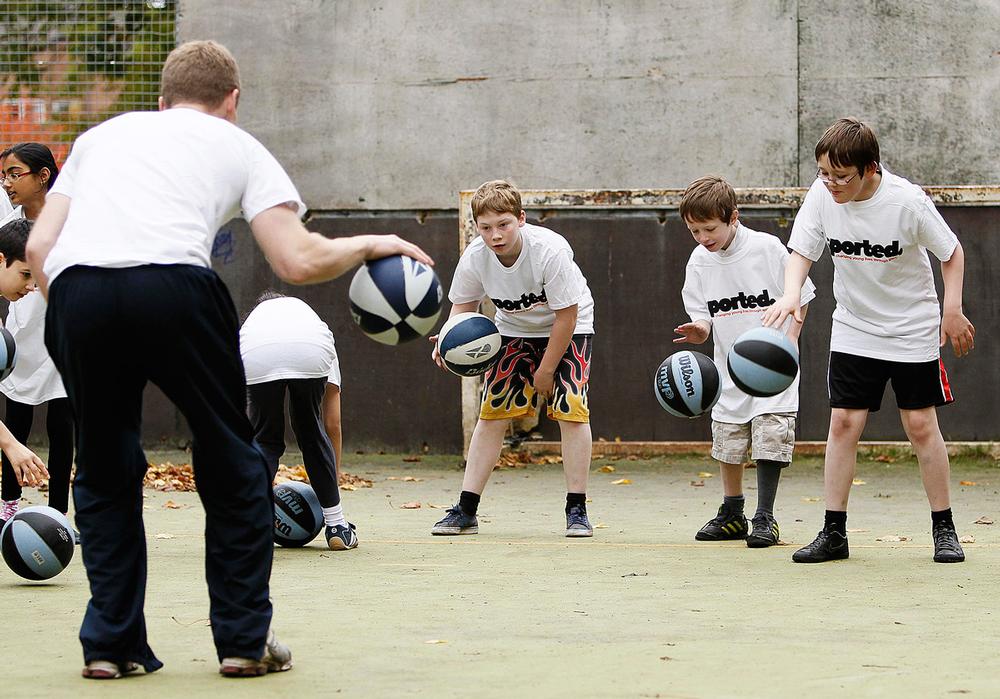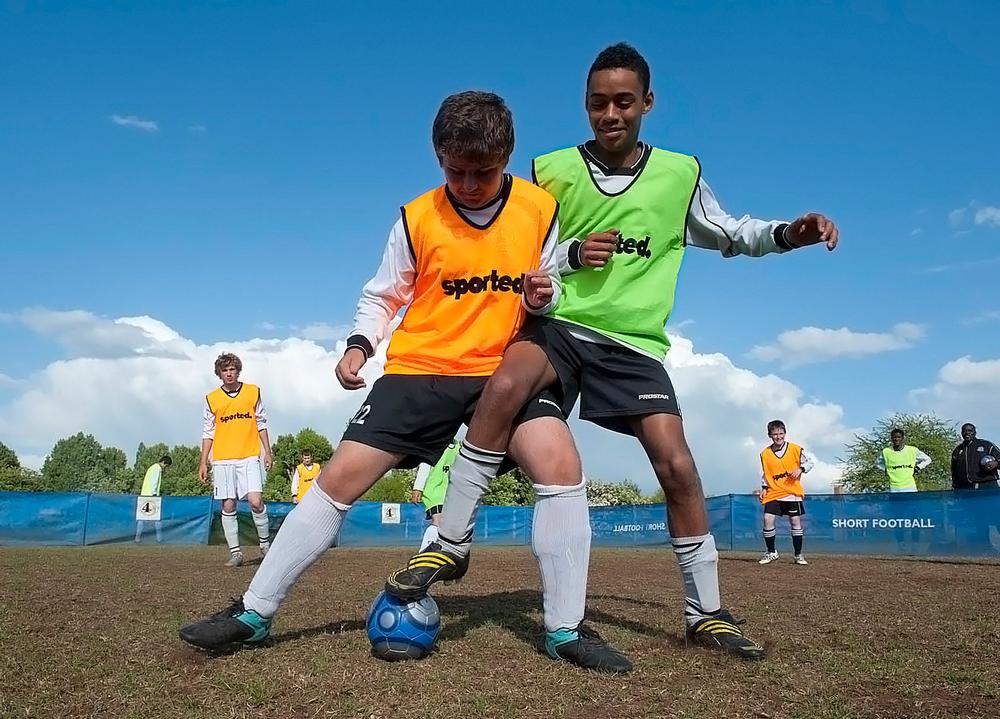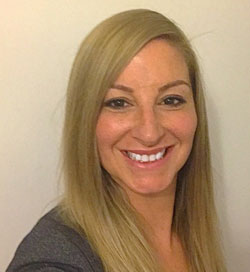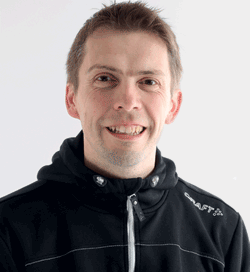When the London 2012 bid team, led by Lord Sebastian Coe and Sir Keith Mills, went to Singapore in 2005 to bid for the right to host the 2012 Olympic Games in London, they took 35 young people from East London with them. “Why are they here?” said Lord Coe, as he spoke passionately to the International Olympic Committee delegates in the room. “It’s because we’re serious about inspiring young people. Choose London today and you send a clear message to the youth of the world: the Olympic Games is for you.”
Fast-forward eight years and I’m meeting Sir Keith Mills in London to talk about how that promise is being kept. With him is Adam Parr, former Williams F1 CEO and now chief executive of Sported, a charity set up to ensure a lasting legacy for the UK’s youth. Specifically, Sported uses sport to change young people’s lives in disadvantaged areas of the UK, supporting grassroots clubs and organisations that use sport to create social change in their communities.
Both Mills and Parr are absolutely convinced of the power of sport to change the lives of young people, and they’ve been backed up by recent research from the Sported Foundation. This research has found that, by using sport as an intervention to tackle social problems, £4,000 can be saved per young person per year. With 2.5 million young people living in areas of deprivation in the UK, this could add up to billions of pounds.
“Sport helps young people in several ways,” says Parr. “Firstly, the young people we’re dealing with don’t necessarily have a great structure around them, and sport can provide a framework for their lives. Secondly, it provides a physical place where they can go and be safe and have people around them who want to be there. Thirdly, the people who run these organisations are inspirational. They’re not just referees or coaches; they play a huge part in these young people’s lives.”
GETTING STARTED
“It all started when we were developing the bid,” explains Mills, who became CEO of the London 2012 bid committee in September 2003 having been approached for his strong business credentials – he had 20 years’ marketing experience and is the creator of Air Miles and Nectar.
“We needed to get closer to the communities in East London, because that’s where the Olympic Park was being built. Together with the local authority, we hired coaches, booked halls and playing fields and started to run sporting activities for the local kids. The borough and the local police reported a huge impact, because it gave the kids something to do in the evenings. It got them off the streets and engaged in something positive.”
But there was still much to be done if the London 2012 bid team’s promise of ‘inspiring a generation’ was to be delivered. After realising there was nothing of significance in the sport for development sector taking place in the UK, Mills decided to establish Sported as a personal initiative, using £10m of his own money. He recruited Jo Stocks to lead it, and asked her to spend six months looking at the UK sports sector and working out where the gaps were.
Stocks found there was a whole sector that was using sport not just for participation, but as a means to help young people. “There were several thousand sports clubs out there, many of them very small, which were struggling to survive,” explains Mills. “The people who run them are local heroes, but nationally there has been very little exposure for these clubs. Individually they’re scrabbling around for funding and resources, and there was no overarching organisation to help them.
“Jo said she thought there was an opportunity to set up an umbrella organisation to represent these clubs and help them grow. If we could do that, she said, it would really deliver on our promise of inspiring a generation.”
The next year was spent trying to find these clubs and work out what they needed. “They needed information, because they’re pretty much on their own,” says Mills. “Also, people to help them with their business plans, and they wanted to raise money.”
Sported – which is free to join – now has 2,500 member clubs, which must meet the criteria of using sport for some sort of social purpose. It also has around 250 active, trained volunteer mentors who help the clubs with anything from business plans to negotiating lower rents for premises.
If the clubs need funding for significant projects, Sported will help them raise money and will also put its own funding in. So far, it has awarded grants of more than £2.4m and has helped its members find a further £4m from other sources.
PARR FOR THE COURSE
Jo Stocks has led Sported for the past five years in her role as director, but this year it was decided that the organisation needed a chief executive. Adam Parr joined as CEO in April, with Stocks continuing as the Foundation’s director.
For Parr, joining Sported represented a huge change from the glamorous, highly competitive and at times fraught world of Formula 1, where he spent five years as CEO and then chair of the Williams team. “Sported is the inverse of elite sport,” says Parr. “It’s about every single person. In fact, we specifically work with people who don’t get many opportunities, so that’s very exciting.”
So did he take any lessons from his time with Williams? “There’s one overwhelming lesson from Formula 1,” he says. “If you measure stuff and you hold yourself accountable – or, in the case of Formula 1, 90 million people hold you accountable – it’s amazing what progress you can make.
“In 2010, when we stopped refuelling the cars in pit stops, it took 3.9 seconds to do a pit stop and change the wheels on a car. This year it takes 2.2 seconds. That shows what you can do if you measure something, you’re held to account for it and you have to deliver.
“If we can do the equivalent at Sported, we’ll have an enormous impact. It’s so important that we make ambitious goals, measure the results we achieve and hold ourselves accountable, publicly, for what we set out to do.”
In line with this thinking, the Sportworks app was launched in May 2013 – a shared measurement tool that allows sport for development organisations to measure the impact and societal cost savings of planned or actual initiatives. “It’s quite an incredible tool, because it predicts and measures impact, and it’s very simple to use,” says Parr.
“One thing this sector hasn’t done very well is prove that it works,” adds Mills. “It was really important to provide the sector with a tool that could demonstrate the economic and social value of sport.”
A BUSY YEAR
2013 has been a big year for Sported. The start of the year saw the charity launch its first national fundraising campaign – Choose Sport – and announce a media partnership with The Sun newspaper, followed by a multi-million pound sponsorship deal with Deutsche Bank a few months later. The latter sees the two parties working together to develop Sportseducate, a supplementary education programme that will be rolled out across grassroots sports clubs in London. As part of the Sportseducate programme, Deutsche Bank will provide 33 community sports clubs with funding to develop education programmes for 11- to 18-year-olds at risk of exclusion from school. If the three-year pilot is successful, the scheme will be expanded across the UK.
“This is experimental – it’s very new – but we’re confident it will have a real impact,” says Parr. “Most of these kids do have ambitions, but when they’re at school or home and want to do their homework, there are lots of distractions and difficulties put in their way. If you go to a club where resources and help are available, where you have a coach who you admire telling you to sit down, and mates there who want to sit down and study, that makes a huge difference.”
“I opened the Crown and Manor in Hackney with London mayor Boris Johnson a couple of months ago,” says Mills. “It’s a great multi-sports club with a separate room with desks and chairs and a white board. During the evening, the kids come in and do their homework with a volunteer tutor helping. They’ve extended it beyond just a place to do homework and now run lessons there a too. It’s a great example.”
Also in June, Sported announced that it had chosen ukactive as its charity partner for 2013–2014, in a bid to raise both funds and awareness of its work. This is important, because as well as supporting individual clubs, championing the sport for development sector as a whole is a key aim for the charity.
“Our sector gets a tiny amount of government funding,” says Parr. “I believe that’s because, while it’s beneficial for the departments of health, justice, education, sports and the Home Office, it doesn’t fit neatly into anyone’s area, so nobody particularly feels a responsibility for it.
“We have to make sure that, when people think ‘I’d like to put something back into society’, they think of our sector. At the moment we’re not even on the radar.”
“Hosting a successful Games required the co-operation of the entire country,” adds Mills. “That’s something I’ve taken on into Sported. Each individual club is doing a great job, but together they can be hugely powerful. We’re basically saying to the country: last year we were all getting behind the Games – wouldn’t it be great if the whole country now got behind an Olympic legacy project?”
“I like a saying of Einstein’s, which says that life has no meaning except in the service of others,” concludes Parr. “As I get older, I think that’s very true, and I think Sported is an opportunity to turn that into reality.”








